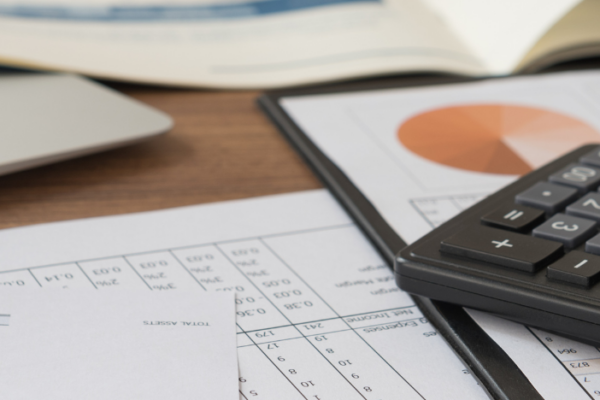What are regulations on accounting books of the public investment project management boards in Vietnam?
Question from Mr. Hung (Gmail hungntg**@gmail.com): I'm working as an accountant. I have a question. What are regulations on accounting books of the public investment project management boards in Vietnam?

What are regulations on accounting books of the public investment project management boards in Vietnam? - image from internet
Pursuant to Article 5 of the Circular 79/2019/TT-BTC stipulating accounting books of the public investment project management boards in Vietnam:
1. Accounting books shall be intended for recording, systematizing and storing all economic/financial transactions already arising of accounting units. The management and retention of accounting books shall abide by regulations of the Law on Accounting, relevant legislative documents and this Circular.
2. If an accounting unit receives and uses funds derived from state budget, foreign aids or loans, it must open accounting books for monitoring such receipt and use of funds for each budget year in conformity with state budget entries and other management requirements so as to serve the preparation of budget statements with state budget units and relevant units. An accounting unit that uses deducted or retained amounts must open accounting books for monitoring the use of such funds in conformity with state budget entries and other management requirements so as to serve the preparation of budget statements with competent authorities.
3. Types of accounting books:
a) Each accounting unit shall use only one accounting book system for an annual accounting period, including general accounting book and subsidiary accounting books.
Depending on its applied accounting method, the accounting unit shall create both general accounting book and subsidiary accounting books, and ensure full and correct contents, order and method of recording of each accounting book form.
b) Form of general accounting book:
- Journals are intended for recording economic/financial transactions in chronological order. An accounting unit may, where necessary, record economic/financial transactions in chronological order and classify or systematize them according to economic contents. Data on a journal reflects all economic/financial transactions that arise during an accounting period.
- Ledger is intended for recording economic/financial transactions according to economic contents (or accounts). An accounting unit may record economic/financial transactions on the ledger in chronological order and according to economic contents. Data on the ledger reflects assets, funds and the use of such funds.
c) Forms of subsidiary accounting books and sheets:
Subsidiary accounting books/sheets are intended for recording in detail the economic transactions that arise related to accounting subjects and are not yet included in the ledger in order to meet management requirements. Data on subsidiary accounting books is the specific information serving the performance of internal management tasks of an accounting unit as well as the computation and creation of items of its financial statements and budget statements.
Based on management and bookkeeping requirements for each accounting subject, accounting units are allowed to create more detailed items on their subsidiary accounting books/sheets to serve their preparation of financial statements and budget statements as well as their management.
4. Other regulations on responsibility of book keepers and book makers, opening, recording, closing and modification of accounting books shall conform to the Circular No. 107/2017/TT-BTC dated October 10, 2017 of the Ministry of Finance.
5. The lists, forms, notes to contents and methods of making accounting books are provided in the Appendix 03 “Accounting book system” enclosed herewith.
Best regards!










